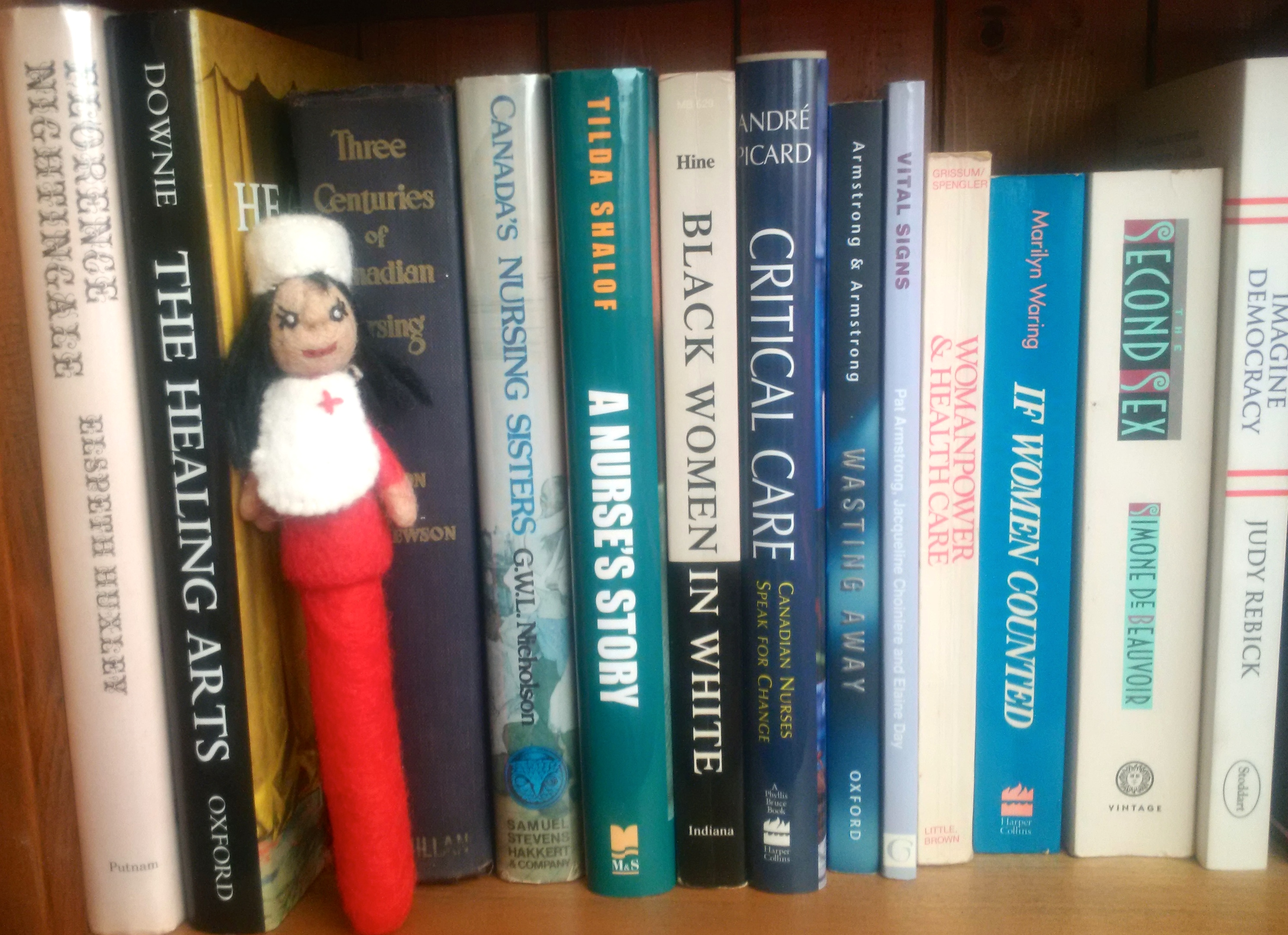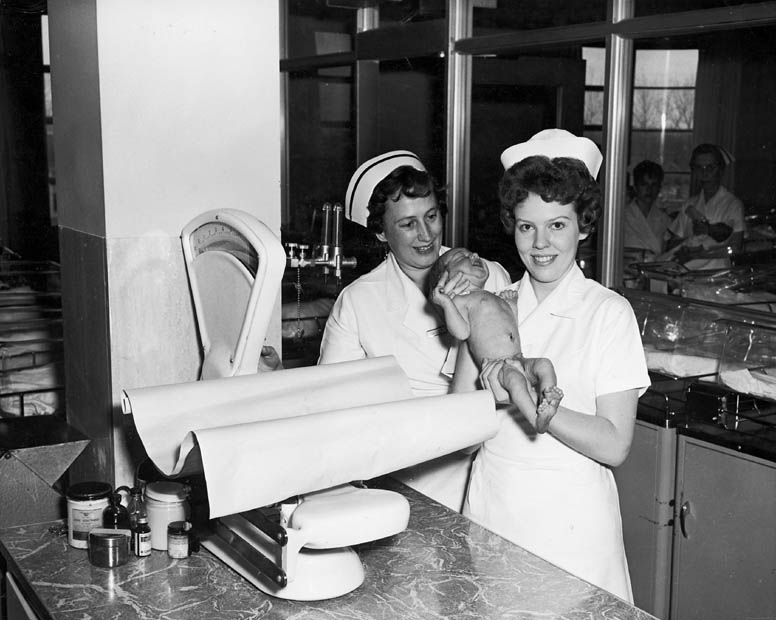“Where have all the flowers gone?” This refrain from the popular anti-war song haunts me during this Nursing Week 2015.
Have you ever wondered, “Where have all the nurses gone?” In our hospitals, our long-term care facilities, and our communities? I do, all the time.
Since the 1980s federal and provincial funding and policy shifts, driven by neoliberalism, have resulted in the privatization and corporatization of health care. That translates into the de-skilling of nursing work, the replacement of registered nurse (RN) positions with less costly workers, contracting out to the lowest cost nursing provider, more part-time work and in the worse case scenario registered nurses applying to work in grocery stores and coffee shops or to receive welfare.
In Ontario alone, an estimated 1,700 registered nurse positions have been eliminated since 2012. They are the jobs “gone to graveyards, everyone” and I always argue that once you lose something it is very hard to get it back. The disappeared jobs leave immeasurable pain and suffering for the registered nurses but the patients and their families also suffer. As economist Sheila Block recently reminded us in her rabble.ca blog post: “Research shows that a reduction in nursing care in hospitals will increase risk of medication errors, cardiac arrest, pneumonia, and other adverse outcomes.” For people in the community receiving home care, the allowable number of nursing hour visits are severely rationed. For those in long-term care there may be only one RN onsite for the entire facility.

This year’s theme for Nursing Week is “Nurses: With you every step of the way.”
I wish. We can only be there every step of the way, protecting you, caring for you, advocating for you, if we’re there to walk the walk with you.
Sadly, in many ways nursing has contributed to its own demise. The gendered nature of nursing including its historical link to maternal feminism, the military and the church have meant that nursing has often been forced to look externally for its value and for advancement of its role in the health-care system. The increasing professionalization of nurses, which includes the emphasis on higher education (university degree as entry to practice), the creation and obsession with nursing diagnoses and nursing theories, even the nurse practitioner movement have all occurred at the expense of the development of critical analysis that would integrate economics, political ideology in nursing work.
Even more alarming to me is the redefining of what is acceptable nursing advocacy for health, for what I call the upstream solutions that are the real determinants of health: affordable housing, affordable childcare, safe and discrimination free communities, decent social assistance rates, access to free public services, enough food to eat. While some individual nurses and nursing groups such as the Registered Nurses Association of Ontario (RNAO) continue to be strong advocates, the majority of nurses are prevented, discouraged or punished for trying to integrate advocacy for health issues into their roles.
“Oh, when will they ever learn?”
Nursing students today ask that question and bemoan the lack of education in their courses on political or economic literacy, how to influence public policy, how to do community development or advocacy.
Florence Nightingale, whose birthday we celebrate in Nursing Week, once wrote: “We must create a public opinion which must drive the government, instead of the government having to drive us — an enlightened public, wise in principles, wise in details.”
Naomi Klein essentially says the same thing today. She puts it this way — that in order to create policy change, we the public, and I would add “we the nurses,” need to build “movement muscle.” Then we can walk the talk.
Photo “Some recommended reading”/Cathy Crowe



